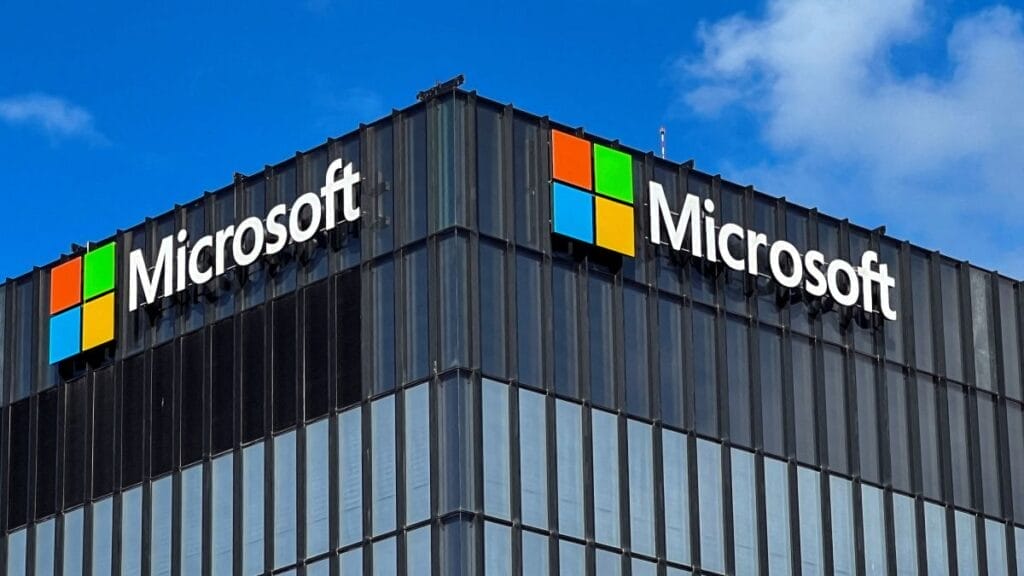In a recent announcement, Microsoft sent ripples through the tech world by revealing its decision to discontinue support for the Windows 10 operating system. While this move aims to encourage upgrades and advancements, it also raises concerns about the surge in electronic waste that could result from the disposal of outdated devices. This decision poses a significant dilemma for businesses relying on older computers, forcing them to weigh the necessity of upgrades against the environmental repercussions.
For many enterprises, the news of Windows 10 reaching the end of its support lifespan means they must navigate a critical decision-making process. Upgrading to newer operating systems becomes imperative to maintain security, access regular updates, and benefit from evolving features. However, this transition isn’t without its challenges.
Challenges in Upgrading Systems: Microsoft’s Windows 10
One major obstacle is the cost involved in upgrading systems across an entire business infrastructure. For companies with a fleet of older computers, the expenses incurred in acquiring new hardware or software licenses can be substantial. The financial burden may potentially strain budgets, especially for smaller businesses or those already grappling with economic constraints.
Moreover, the process of upgrading isn’t just a matter of swapping out old machines for new ones. It involves comprehensive planning, potential workflow disruptions, and the allocation of resources for employee retraining or system migration. This transition phase demands careful orchestration to minimize downtime and ensure a seamless shift without compromising productivity.
Amidst the necessity for upgrades, there’s a parallel concern emerging—electronic waste. The disposal of outdated computers and hardware raises environmental red flags, especially considering the hazardous components within these devices. Discarded electronics contribute significantly to the growing problem of e-waste, posing risks to both human health and the environment if not handled properly.
To counteract the impending surge in electronic waste, businesses are urged to explore responsible disposal options. Recycling programs, donation initiatives, or engaging certified e-waste disposal services can mitigate the environmental impact while adhering to ethical and sustainable practices.
However, there might be an alternative approach—one that aligns with both technological advancement and environmental responsibility: refurbishment and repurposing. Rather than simply discarding old hardware, businesses can explore options to refurbish these devices, extending their lifespan. Refurbishment not only reduces e-waste but also provides cost-effective solutions for companies looking to upgrade without breaking the bank.
Furthermore, embracing a circular economy mindset can foster innovation in handling tech obsolescence. Manufacturers can design products with modularity and upgradability in mind, allowing for easier component replacements or upgrades, thereby extending the lifespan of devices.

Microsoft’s decision to sunset Windows 10 support prompts a pivotal moment for businesses to reevaluate their technological landscapes. It’s an opportunity to consider not just immediate upgrades but also long-term sustainability strategies. By balancing the need for technological advancement with eco-conscious practices, organizations can navigate this transition period while minimizing their environmental footprint.
Canalys Research, a global technology market analysis firm, recently conducted a study on business practices concerning older technology retention and Microsoft’s pricing strategy for supporting outdated operating systems. With Microsoft ceasing full support for Windows 10 by October 2025 and offering extended support at an undisclosed cost for an additional three years, Canalys highlighted the potential consequences.
According to Canalys, companies confronted with substantial expenses from Microsoft’s support for aging PCs might opt to dispose of their older computers. This potential mass disposal of PCs could lead to a sudden surge in electronic waste, estimated at around a million pounds of discarded hardware worldwide. Canalys vividly illustrated this volume, equating it to “a pile of folded laptops stacked up, reaching a height 600 kilometers taller than the moon.”
In conclusion, while the end of support for Windows 10 may pose challenges for businesses, it also presents an opportunity to reassess approaches to technology upgrades. By adopting responsible disposal practices, exploring refurbishment options, and advocating for a circular economy, companies can mitigate the environmental impact while staying abreast of technological advancements. This moment calls for a conscientious balance between progress and sustainability in the ever-evolving landscape of tech upgrades and environmental preservation.
For more information:





